Oracle: Generative AI is bigger than B2B, bigger than us
Oracle's CTO, chairman, and current CEO once again set the bar high during Oracle CloudWorld 2023 keynotes


Oracle, which turned 46 this year, has thus far largely focused on helping businesses derive value and solve challenges through software such as databases, ERP, and – latterly – cloud.
As demonstrated during the first full day of the tech giant’s annual CloudWorld conference in Las Vegas, however, it's setting its sights way beyond its legacy roots in B2B.
That desire to solve challenges spans multiple industries, geographies and business sizes. Importantly, involves partners, too.
Addressing the tens of thousands of delegates attending the event both in person and virtually, Oracle CEO Safra Catz was keen to start off on the right foot.
“Between all of you and us, this is a truly stunning moment. For technology, for people and for doing things that many of us weren’t even sure were possible,” Catz said.
“Today’s keynote is really focused on all of you. On teaching and learning and sharing. And showing what’s possible when you have the right technology and the right mindset. I think you’re going to learn a lot… We’ve tried to reorientate our entire company around you. The fact you’re all in Las Vegas really means a lot to us. So thank you for everything.”
Generative AI gets top billing
It's perhaps no big surprise that AI was a big focus during the myriad sessions and keynotes put on by Oracle during the first day of the conference.
Get the ITPro daily newsletter
Sign up today and you will receive a free copy of our Future Focus 2025 report - the leading guidance on AI, cybersecurity and other IT challenges as per 700+ senior executives
In a video shown just before Larry Ellison, Oracle’s CTO and chairman’s entrance, there was talk of achieving:
- The greatest outcomes
- Building world-class experiences
- Finding effective treatments
- Improving efficiency
- Predicting customer demand
And the ability to do so across every industry and across every part of every business.
“Oracle has been using AI for many years. But generative AI is different,” Ellison said.
In a dedicated AI press session, several company executives talked about Oracle’s USP in this space. A common theme was the ability to view things holistically setting the firm apart from competitors. But also ensuring differentiation under than overarching umbrella.
Healthcare has been – and will continue to be – a big focus for Oracle and its ecosystem. Indeed, Ellison described the work the firm is doing here, particularly in relation to the new Cerner HealtheIntent efforts, as so critical that he said he wasn’t “sure there's anything more important we're working on at Oracle than this".
RELATED RESOURCE
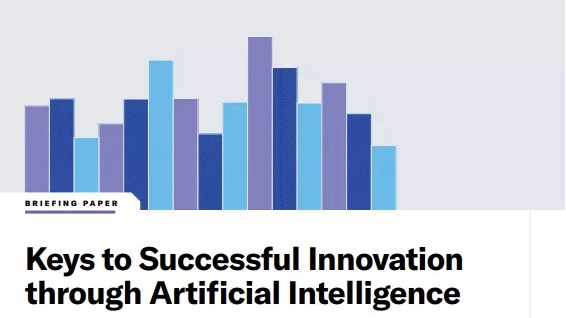
Overcome the challenges businesses face when attempting to implement AI and ML
DOWNLOAD FOR FREE
Oracle acquired Cerner in late 2021 and much work has been done since then to ensure the clout of the new parent organization is fully utilized.
“Working together, Cerner and Oracle have the capacity to transform healthcare delivery by providing medical professionals with better information, enabling them to make better treatment decisions resulting in better patient outcomes,” Ellison said at the time.
“With this acquisition, Oracle’s corporate mission expands to assume the responsibility to provide our overworked medical professionals with a new generation of easier-to-use digital tools that enable access to information via a hands-free voice interface to secure cloud applications. This new generation of medical information systems promises to lower the administrative workload burdening our medical professionals, improve patient privacy and outcomes, and lower overall healthcare costs.”
Generative AI isn't just a fad
That wasn’t just lip service as ITPro discovered during a press session today with Travis Dalton, executive vice president and general manager of Oracle Health
“As an EMR provider we were able to tackle a third of the problem set. But with Oracle we can tackle [more],” he said.
“We are transforming our business. As Cerner, we were becoming a services business. As [part of] Oracle we have got the opportunity not to just serve clients better but [ensure]] health of the business is better. The margin profile has upped materially. So we can create margin space to invest in the products and services we need.”
When asked whether Oracle was simply jumping on the bandwagon when it comes to generative AI, Dalton disagreed, saying: “We’re definitely not riding the wave. We’ve been fairly quiet compared to our competitors. I’ve been in code reviews with Larry personally. The market demand is high. No one is saying ‘give me some AI.’ The demand is ‘My clinicians are tired, irritated and angry and in their pajamas doing notes, wasting time and missing their kids' ball games’.
“You’re going to fix it with true technology like ambient listening, generative AI, using LLMs.”
Maggie has been a journalist since 1999, starting her career as an editorial assistant on then-weekly magazine Computing, before working her way up to senior reporter level. In 2006, just weeks before ITPro was launched, Maggie joined Dennis Publishing as a reporter. Having worked her way up to editor of ITPro, she was appointed group editor of CloudPro and ITPro in April 2012. She became the editorial director and took responsibility for ChannelPro, in 2016.
Her areas of particular interest, aside from cloud, include management and C-level issues, the business value of technology, green and environmental issues and careers to name but a few.
-
 Should AI PCs be part of your next hardware refresh?
Should AI PCs be part of your next hardware refresh?AI PCs are fast becoming a business staple and a surefire way to future-proof your business
By Bobby Hellard Published
-
 Westcon-Comstor and Vectra AI launch brace of new channel initiatives
Westcon-Comstor and Vectra AI launch brace of new channel initiativesNews Westcon-Comstor and Vectra AI have announced the launch of two new channel growth initiatives focused on the managed security service provider (MSSP) space and AWS Marketplace.
By Daniel Todd Published
-
 IBM eyes Oracle expertise gains with latest acquisition
IBM eyes Oracle expertise gains with latest acquisitionNews The deal aims to help IBM address the complexities of public sector cloud transformation
By Emma Woollacott Published
-
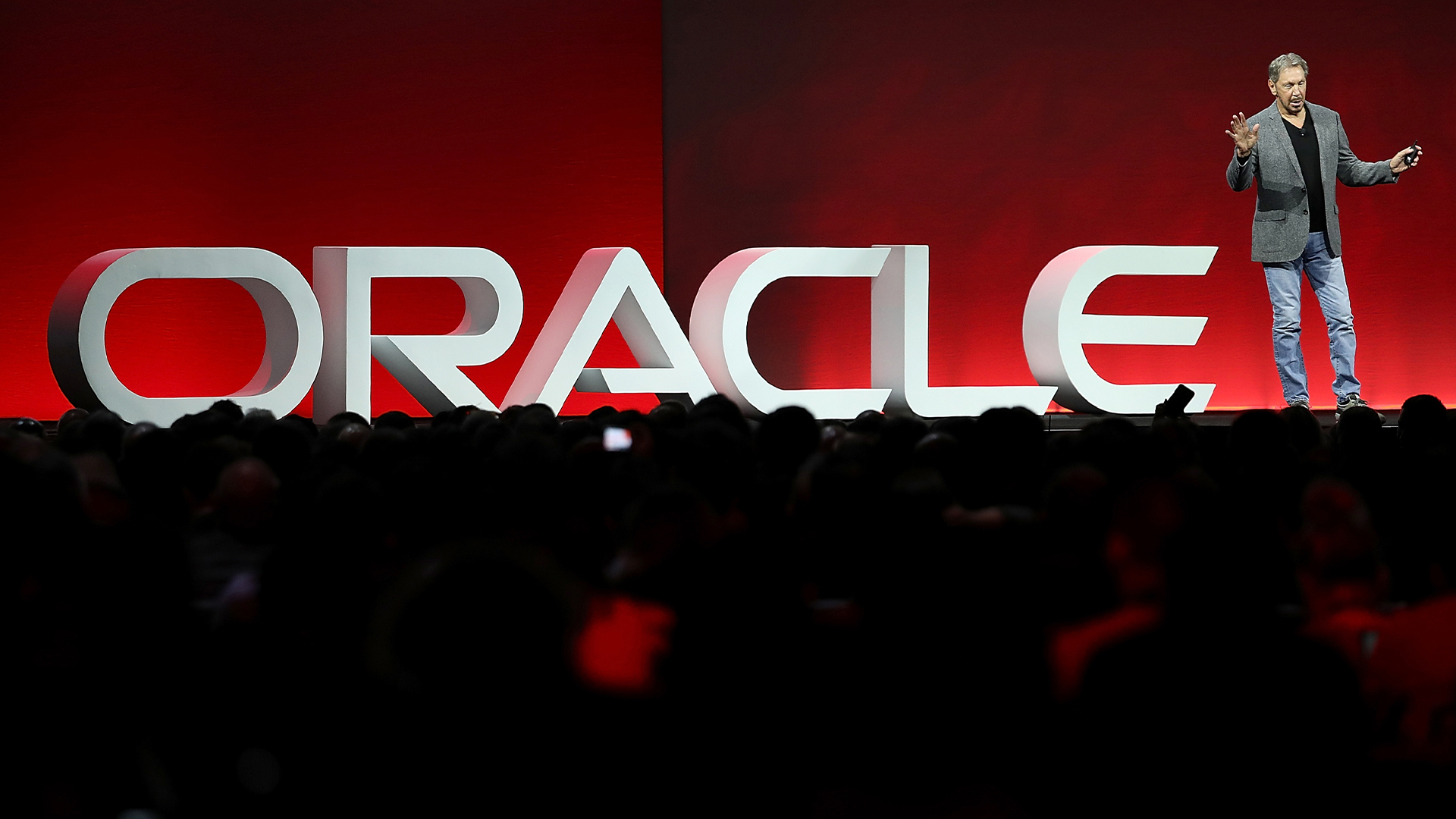 Channel Focus: All you need to know about Oracle's partner program
Channel Focus: All you need to know about Oracle's partner programWhat to know about partnering with Oracle: A brief guide to the database management software company as it expands further into cloud solutions
By Fleur Doidge Published
-
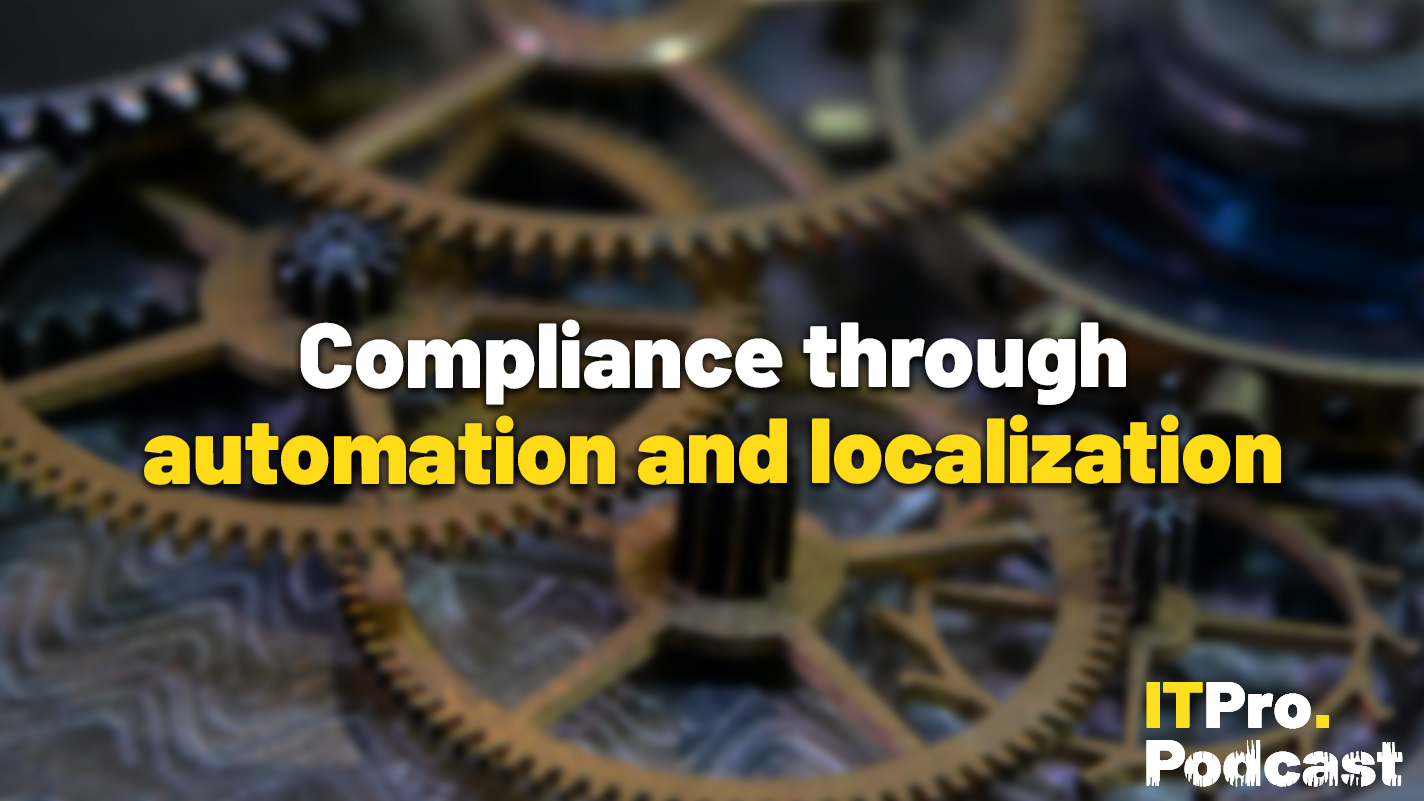 Compliance through automation and localization
Compliance through automation and localizationITPro Podcast The crossover between automation, localization, and even AI is strong
By Rory Bathgate Published
-
 Will NetSuite take a cautious approach to AI at SuiteWorld 2023?
Will NetSuite take a cautious approach to AI at SuiteWorld 2023?Analysis Generative AI is likely to loom large over SuiteWorld – but NetSuite may instead bank on boosting its core end-to-end automation tech
By Rory Bathgate Published
-
 Oracle updates HCM capabilities to focus on value and set employees up for success
Oracle updates HCM capabilities to focus on value and set employees up for successNews Reward and recognition - especially by peers - are key tenets of the update to the Oracle Me employee experience platform
By Maggie Holland Published
-
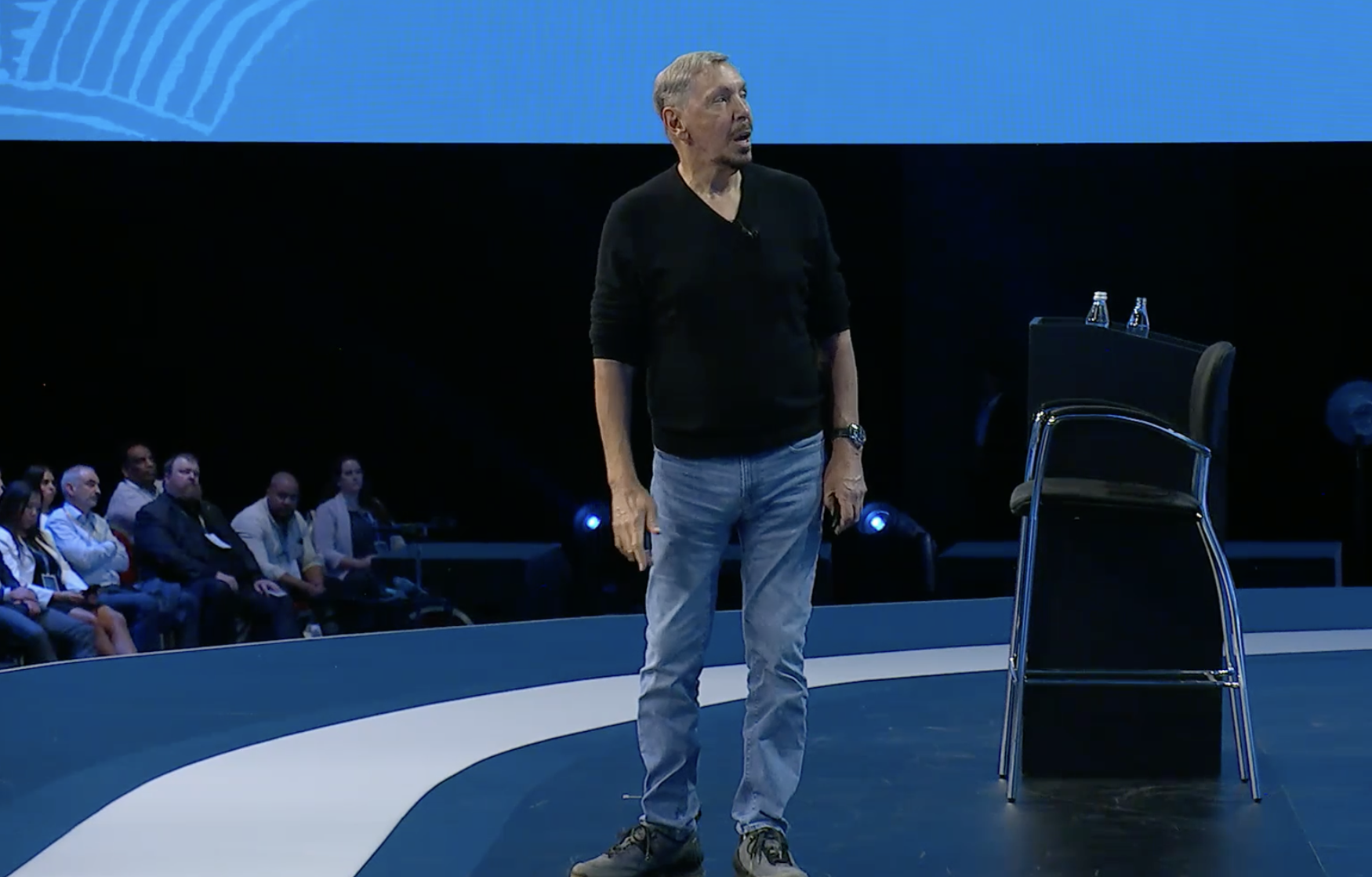 Oracle sets out its stall for a new age of multi-cloud
Oracle sets out its stall for a new age of multi-cloudOpinion Embracing rival providers with open arms is a bold strategy, one that plays to Oracle’s strengths in infrastructure
By Bobby Hellard Published
-
 The best IT management tools
The best IT management toolsBest We feature the best IT management tools, to help make the process of managing IT systems simpler and easier, from customer support to diagnostics
By Ritoban Mukherjee Last updated
-
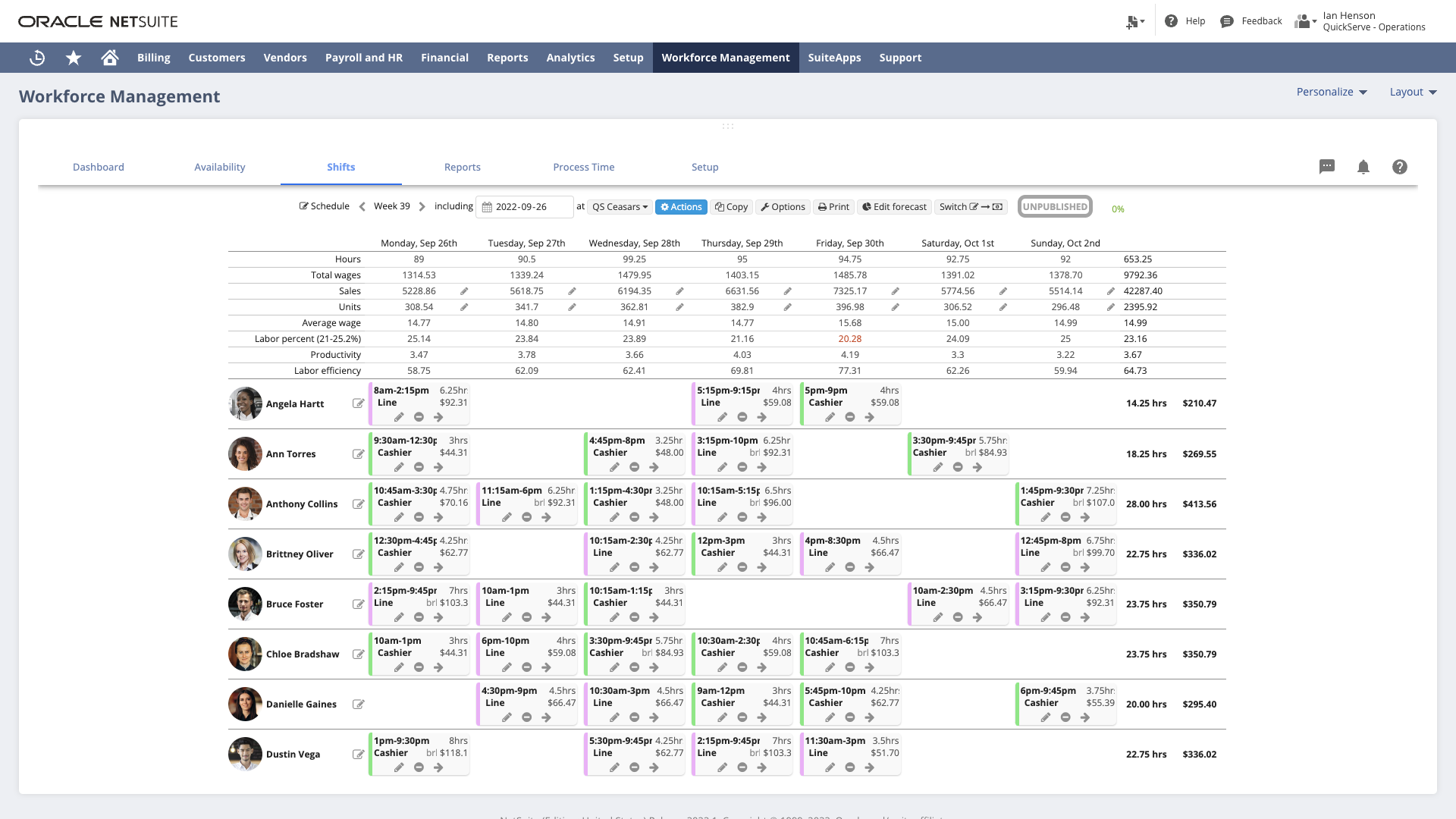 NetSuite launches SuitePeople tools for automating schedules and tracking attendance
NetSuite launches SuitePeople tools for automating schedules and tracking attendanceNews SuitePeople Workforce Management aims to give companies greater oversight and control of their workforces, as well as live metrics
By Rory Bathgate Published